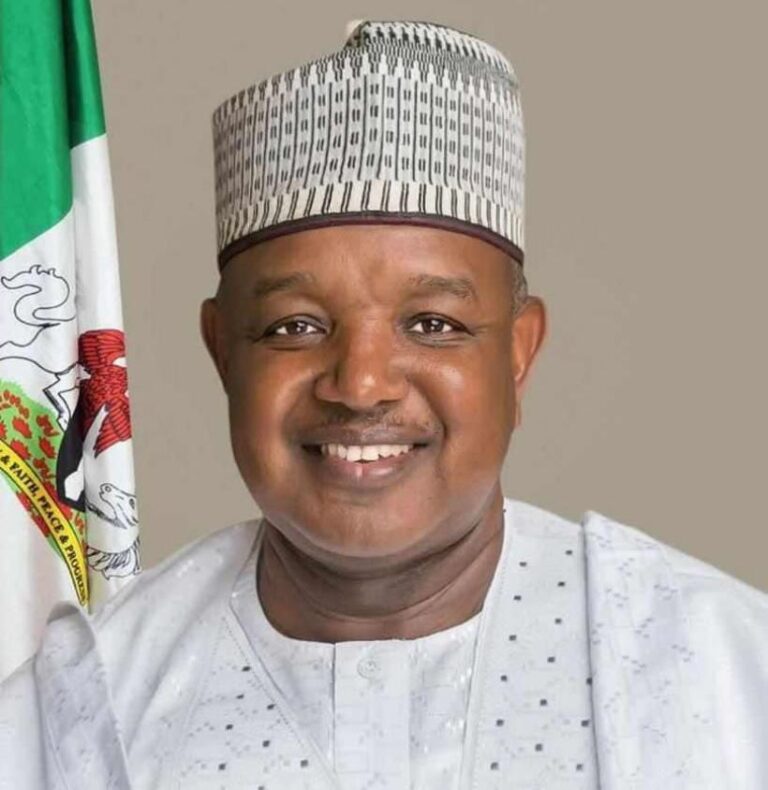Nigeria will require a staggering $410 billion in investments to achieve its clean energy goals and reach net-zero carbon emissions by 2060, according to the Minister of Budget and Economic Planning, Senator Abubakar Atiku Bagudu.
Speaking during the Global South Peer Learning Workshop on Country Platforms for Climate Action and Just Energy Transition, organized by the Africa Policy Research Institute (APRI), Bagudu emphasized the critical need for collaboration and strategic investment to drive Nigeria’s energy transition.
Unlocking $23 Billion in Clean Energy Opportunities
The Minister revealed that Nigeria has already identified $23 billion in investment-ready opportunities across key areas such as power generation, transmission infrastructure, and clean cooking technologies. The government is actively working to secure financial commitments to commence implementation.
Bagudu reaffirmed the federal government’s commitment to the Nigeria Energy Transition Plan (ETP), which aims to eradicate energy poverty, combat climate change, and stimulate inclusive economic growth.
“Our development goals can only be achieved through collective commitment, strategic partnerships, and focused action,” Bagudu stated.
A Call for National Unity and International Support
The Minister stressed that realizing the country’s ambitious energy goals demands nationwide synergy and international backing. He called for a unified national effort to align clean energy initiatives with Nigeria’s broader development and economic policies.
Climate Emergency Demands Urgent Action
In his opening remarks, Dr. Olumide Abimbola, Executive Director of APRI, painted a stark picture of the growing climate crisis in Nigeria. He cited worsening floods, expanding desertification, and escalating food insecurity as daily realities for millions of Nigerians due to climate change.
He urged African nations to move beyond pledges and focus on creating resilient investment platforms, responsibly leveraging critical minerals, and strengthening partnerships across the Global South.
“This workshop is a chance to reimagine African agency and innovation by building ownership of our energy transition, not just waiting for global support,” Abimbola said.
Toward a Just Energy Transition
The workshop served as a collaborative platform for Global South nations to exchange strategies, share lessons, and chart a path toward just and equitable energy transitions.
With Nigeria’s ambitious $410 billion clean energy target in sight, stakeholders are expected to continue forging alliances and investment strategies that ensure no one is left behind in the nation’s push for a greener, more sustainable future.

